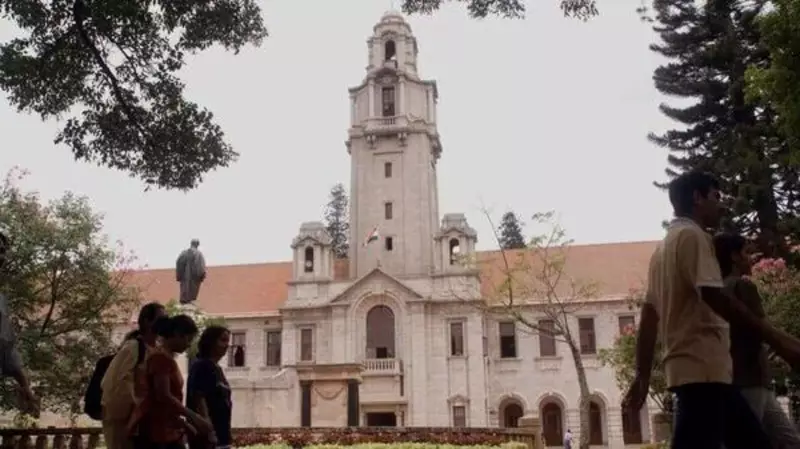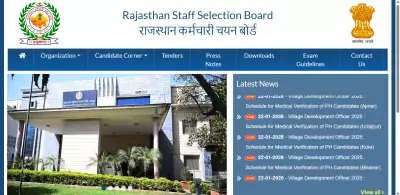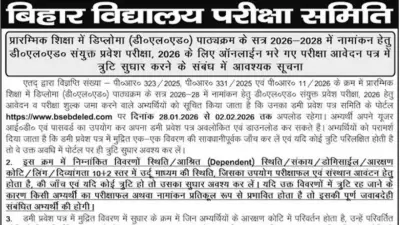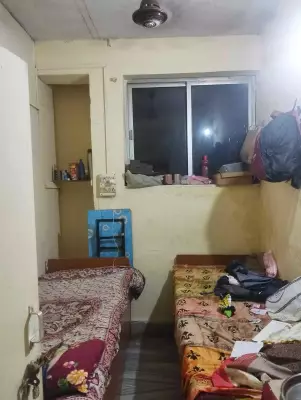
The prestigious Indian Institute of Science (IISc) in Bengaluru has ignited a firestorm of controversy across its campus with the implementation of a new policy mandating an 80-hour work week for its academic community. The directive, coupled with enhanced surveillance measures, has triggered widespread unrest among students and faculty members alike.
The Controversial Directive
According to internal communications, the new policy requires all academic members to maintain a minimum of 80 working hours per week. What has particularly alarmed the campus community is the implementation of sophisticated monitoring systems, including biometric attendance and surveillance mechanisms that track presence across various campus facilities.
Surveillance Backlash
Students and faculty have expressed deep concerns about what they describe as "spy-like" surveillance measures. The monitoring system reportedly tracks movements through:
- Biometric attendance at department entrances
- Library access logs and usage patterns
- Laboratory access monitoring systems
- Campus facility usage tracking
Academic Community Response
The policy has met with significant resistance from both students and faculty members. Many argue that such stringent monitoring undermines the fundamental principles of academic freedom and trust that should characterize a premier research institution.
Faculty members have raised concerns about the impact on research quality and creative thinking, while students worry about the mental health implications of such demanding work hours combined with constant surveillance.
Broader Implications
The controversy at IISc Bengaluru raises important questions about the balance between accountability and academic freedom in India's higher education institutions. As one of the country's most respected scientific institutions, the outcome of this confrontation could set precedents for other universities and research centers across India.
The campus community continues to engage in discussions with administration officials, seeking a more balanced approach that respects both academic excellence and the well-being of researchers and students.





